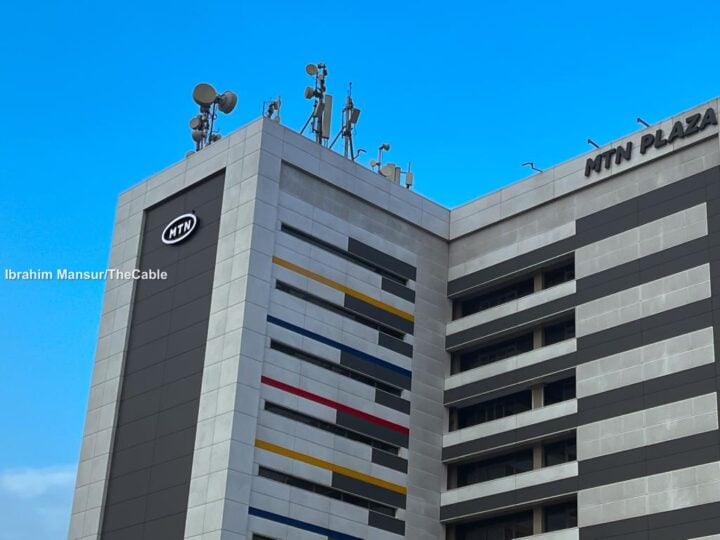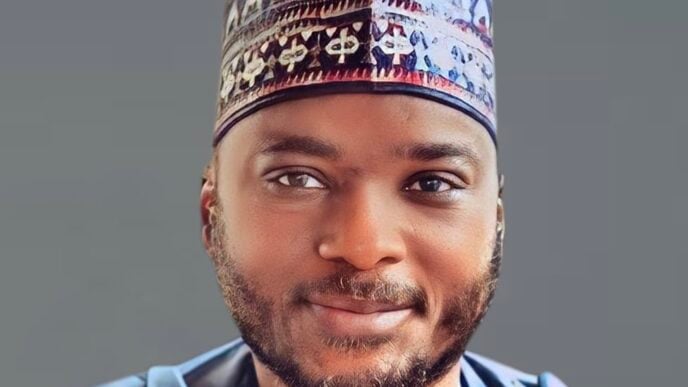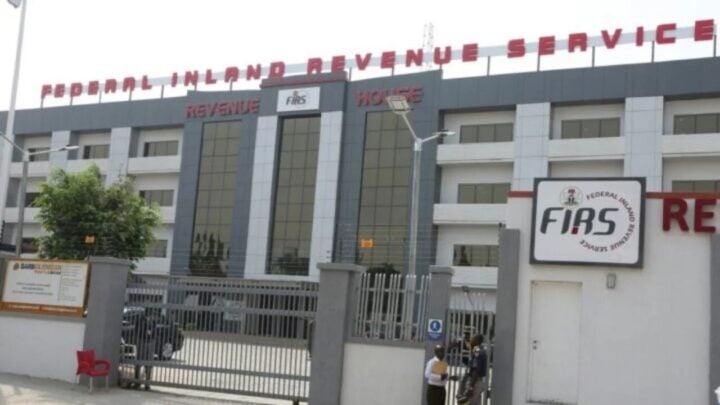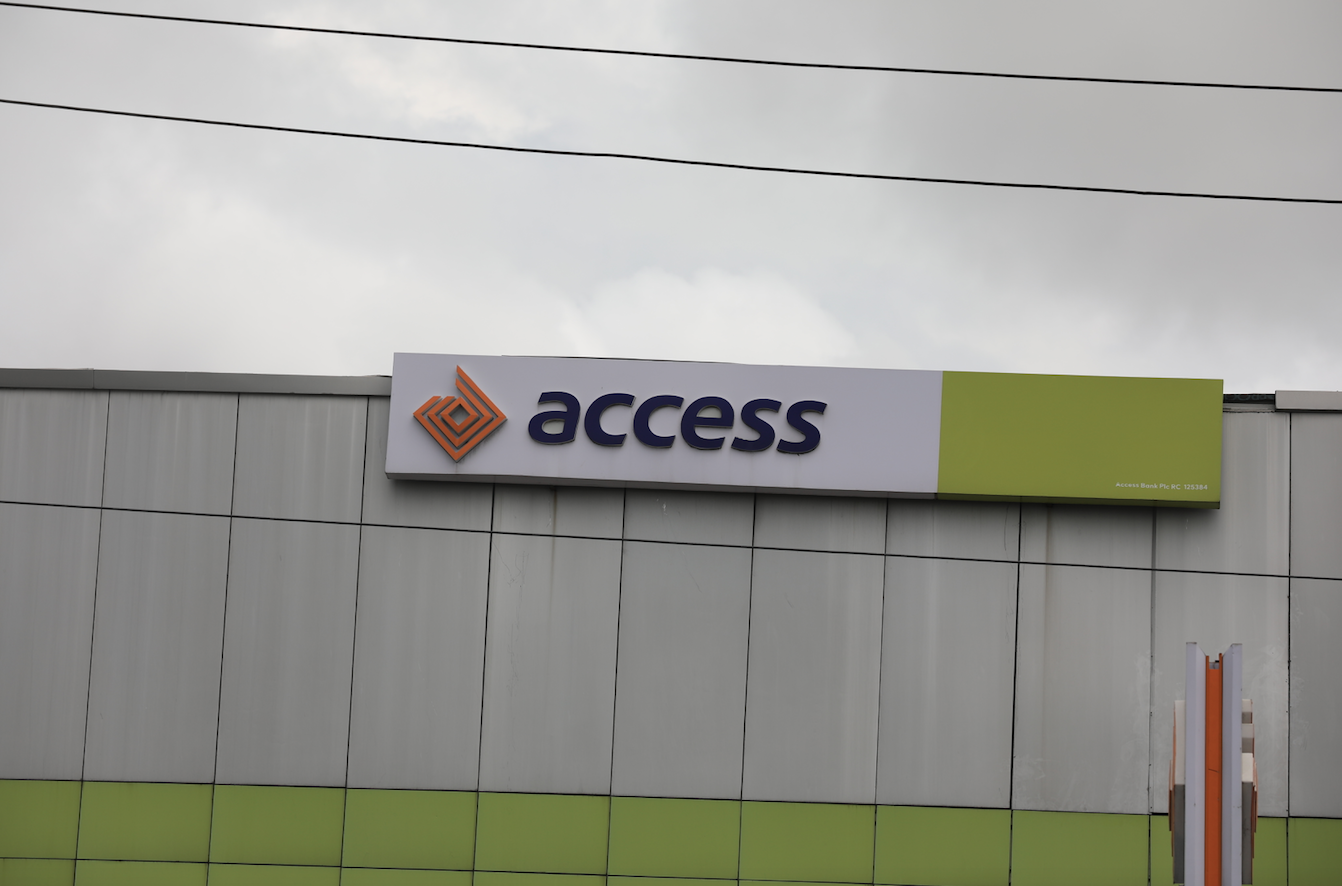The National Credit Guarantee Company (NCGC) says 80 percent of micro, small, and medium enterprises (MSMEs) in Nigeria lack access to formal credit.
Bonaventure Okhaimo, the managing director (MD) of NCGC, spoke on Monday during a stakeholders meeting.
Okhaimo said macroeconomic headwinds and structural inefficiencies have severely limited access to credit for MSMEs, despite their central role in Nigeria’s economy.
Citing a National Bureau of Statistics (NBS) report, he said 40 percent of MSMEs make up the bedrock of the economy, “contributing approximately 48%” to the gross domestic product (GDP) and “accounting for a vast majority of employment”.
Advertisement
“Yet, they face constraint in accessing credit,” he said.
“The funding gap for Nigerian MSMEs is staggering, as an estimated 80% of MSMEs lack access to formal credit due to unavailability of collateral requirements, high-risk perception from lenders, and the inflationary pressure leading to high borrowing costs that have historically stifled MSMEs growth.
“We commend Development Finance Institutions (DFIs) such as BOI, DBN, NEXIM, and BOA for their critical interventions, but also recognize the role of commercial banks, microfinance institutions, fin-techs, and recent government initiatives like CrediCorp in expanding credit access and driving financial inclusion.
Advertisement
“Their collective efforts are especially vital, as Nigeria’s formal financial inclusion rose to 64% in 2023, up from 54% in 2020, while total financial inclusion (formal and informal) reached 74%, leaving 26% of the adult population still excluded, according to EFInA’s Access to Finance (A2F) survey.
“Similarly, challenges in consumer credit access persist. While many Nigerians struggle to finance essential needs for housing, vehicles, healthcare, education, consumer credit remains underpenetrated:
“As of January 2025, total outstanding was N4.12 trillion, down from N4.42 trillion in November 2024, and still represents only about 15.5% of total bank credit (~18.24 trillion).”
‘NIGERIA’S FORMAL CONSUMER LENDING BELOW 3% OF GDP’
Okhaimo said formal consumer lending in Nigeria accounts for less than 3 percent of GDP, showing the extent of untapped potential in the market.
Advertisement
The MD said many households still rely on informal borrowing, underscoring persistent gaps in access to structured finance.
“We commend CrediCorp for enabling over 90,000 beneficiaries to access structured consumer credit since April 2024,” he said.
“NCGC will further support this momentum by de-risking lending and expanding access across underserved segments.”
He thanked President Bola Tinubu, the Central Bank of Nigeria (CBN), the World Bank, and also appreciated the NCGC founding institutions: the Ministry of Finance Incorporated (MOFI), Bank of Industry (BOI), Credicorp Limited (Credicorp), and the Nigeria Sovereign Investment Authority (NSIA).
Advertisement
At the event, Biodun Adedipe, founder of B. Adedipe Associates Limited, said the NCGC represents a critical step forward that could be transformational for the economy.
Advertisement







